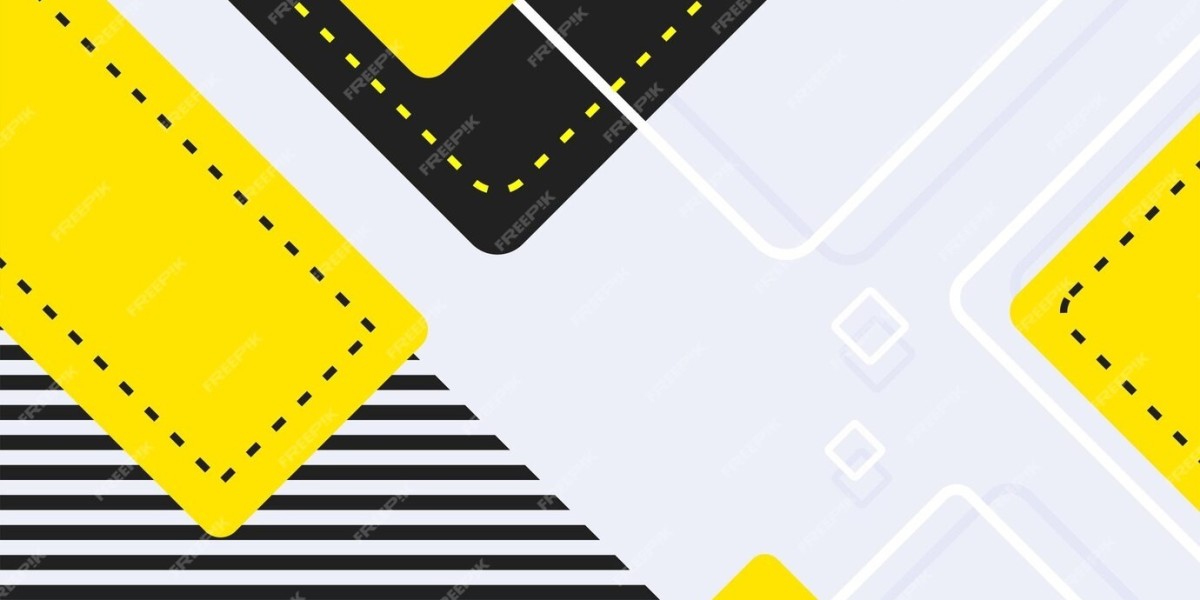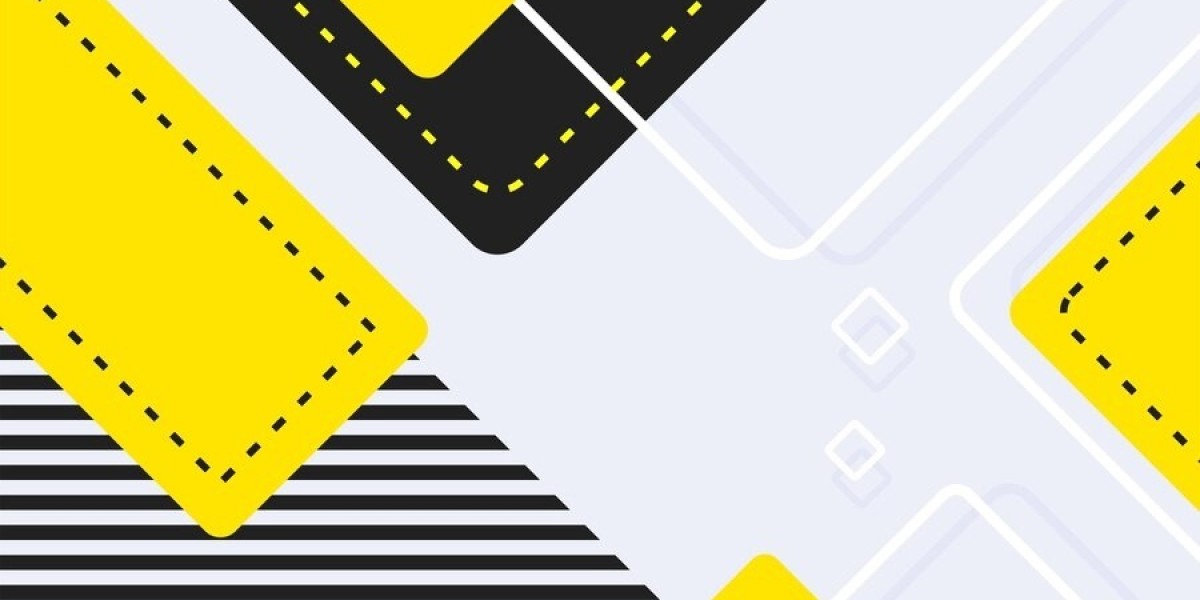It is a great idea to learn driving at a school if you are an expat. They will handle all the paperwork for you and reduce the wait time to get the test date.
It can take a couple of weeks or even months to get your French license (permis de conduire international de conduire), which is in the form of a pink credit card.
Theory test
The driving theory test, also known as le code, is the most important step in the French licensing process for drivers. The test focuses on traffic laws and road safety rules, and you can prepare for it by studying a manual or using mobile apps to assist you in learning. You may also take a free online practice test. The exam is conducted using tablets in the test center. You must be able to answer at least 35 questions in order to pass.
Like in most countries, you can get a French driving license after passing both the theory and practical tests. The French driving test is notoriously difficult. According to recent statistics, only 59.2 percent of men and 54.4% of women passed their theory test on their first try, while the pass rate for the practical test was lower at 58.6 percent for men and 52.8% for women. For those with disabilities or health conditions might need to take additional tests.
You can take the test at a driving school, who will manage your lessons and the test for you, or take it as an individual candidate. To do so, you must register for an "NEPH - numero d'enregistrement prefectoral harmonise" on the website of the federal agency ANTS. This number is required to book the date for your theory test.
Many driving schools such as Pass Rousseau offer online preparation courses that include live online practice and live classes. These courses are costly, but can save you time. Certain schools, like Fehrenbach are specifically designed toward English students, however they can be more expensive than a standard French driving school.
If you possess valid driving licenses from one of the countries that is part of the European Union, you can exchange it for a French licence if you possess a residence permit in France. The process can take a long time and you will need to provide the official translator.
If you don't know French You can still take the test using the help of a translator. You can take the test at any time you like and there is no time limit between tests. The cost for a regular test in theory is EUR30.
Practical test
If you want to drive a car in France you must pass a theoretical test (known as le Code) and a practical test. You can take both tests at a driving school which will conduct the tests and lessons for you or you can do it yourself as an external candidate. If you decide to be an independent candidate, you must sign up for a NEPH number - Numero d'enregistrement Prefectural harmonise - on the official website of the agency ANTS.
The theoretical exam, known as le Code, consists of 40 questions with multiple-choice answers, covering topics like traffic laws, road safety rules and driving rules. You can find study guides and practice programs on the internet, or purchase a Code de la Route book from a bookshop or online. It is possible to achieve a pass mark with 20 points or more, as long as you don't make errors that are deemed to be fatal (crossing an unmarked line, driving to the left, not obeying the stop sign or the rules of priority).
During the practical exam the examiner will assess your ability to drive in normal traffic conditions and in your car you choose. The test consists of 25 minutes driving time and will last for approximately two hours. The examiner will also ask you to demonstrate your knowledge of basic first aid. The test is taken five times over three years.
As an external candidate, you may bring a tutor along to the test however they cannot charge more than the price of a session. However, if you are studying at an driving school, they may provide an instructor to accompany you on the practical exam. If you fail the test, you may take it again in as many times as wish in the next five years.
Note that the practical and theory tests are both held in French, so you'll need an adequate level of proficiency in French. Begin to plan ahead and start learning the language before you move to France. The test can be difficult for non-French speakers. Therefore, you must aim to attain a decent level of proficiency before you take the test.
Passing the test
There are a few points that new drivers must be aware of prior to taking the test to obtain their French driving license. They must pass both the theory and the practical test before they can drive on French roads. In addition, they need to have their vehicle insured in France and purchase a pollution sticker (called"conduit accompagnee") "conduit accompagnee").
The code is the first step. The exam is made up of multiple-choice and oral explanation questions. The second step involves taking the practical test, which is a more challenging exam and requires lots of practice. The test will test your knowledge of road rules and what you should do if you are faced with an emergency such as someone who is unconscious or seriously injured.
After you have passed the theory and practical tests, you will receive the document known as the certificate of examination du permit de conduire. This document is valid four months, and can be downloaded to your phone or tablet. If you are questioned by the police, this is the document you must present to them. The word "favorable" is going to be located at the bottom of the document and will be highlighted.
You have to renew your driver's licence every 15 years. This can be completed by filling out an administrative form and paying a fee. You must also provide proof of your address and identification. You can do this online or at the local prefecture office. You can track the status of your license online by entering your file number and personal code.
It is essential to be aware of the French demerit points system in addition to the driving regulations. You could lose your driving license if commit a serious offense or accumulate too many points. You may also get your license suspended if have outstanding fines or involved in a serious accident.
It is important to be aware that France is a country that operates on the right side of the road and that traffic coming from the left is given priority. You should also be aware that the speed limit for national and departmental highways is 80 km/h. However, the speed limit is reduced to 50 km/h on local roads and in cities.
Getting your license
If you've recently passed your French driving test or are an expat driver who is moving to France and needing a licence in the country can be quite a challenge. There are certain regulations and licensing requirements that you should be aware of in order to avoid being pulled over by police or having an accident because of insufficient driving permits. To avoid any hassle, the best thing to do is obtain an International Driving Permit (IDP) beforehand. This small piece of paper is required to be carried when driving in foreign countries. It can translate your driver's license into a variety of foreign languages. These are inexpensive ($20) and easily obtained at your local AAA branch. Even car rental companies accept these.
For most expats, they are able to exchange their license for a French one if the country of origin has a reciprocal agreement with France. The process can take anywhere from a couple of weeks to a few months, dependent on the amount of activity in the prefecture. You'll need a identification document with two recent passport photographs as well as a medical certificate. two envelopes with self-addressed addresses.
If you don't have a valid driving license or your driving license from another country has expired, then you will have to pass a theory and practical test before you are able to obtain an official license. Individuals with disabilities or other health issues may be required to take additional tests.
In the event of the latter scenario, a test will be conducted by an expert doctor who will evaluate your ability to drive. The test will consist of a theory exam, a practical driving test in a parking space, and a conversation with the examiner.
French drivers must carry their driving license and vehicle registration at all times. They also must carry an insurance policy for their cars and other vehicles. Contact your insurance company to ensure that your policy covers driving in France and is current.
The process of getting your license in the country where you have made your new home may seem daunting, but with a little preparation and the help of a driving school it will be easy. While you don't need an instructor to obtain your French license, they can simplify the process by handling all the paperwork and scheduling.









